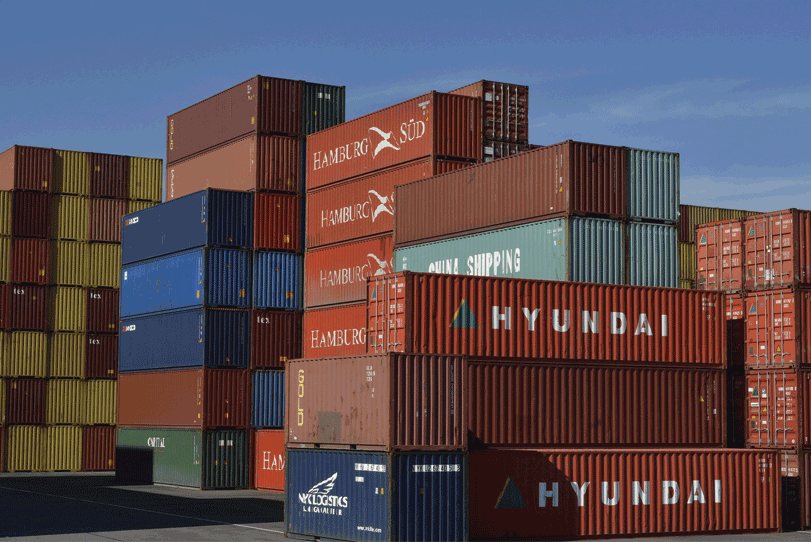Finance Minister Nirmala Sitharaman, in her Union Budget speech has announced of introducing a National Logistics Policy as an attempt to address the amplifying demand of various logistic concerns. The upcoming national logistics policy is expected to streamline rules and address supply-side constraints, leading to lower logistics costs and greater competitiveness for Indian products worldwide.
The finance minister further added that the government will soon release the policy. “The national logistics policy will clarify the roles of the Union government, state governments and key regulators. It will create a single-window e-logistics market and focus on the generation of employment, skills and making medium and small enterprises competitive.”
India’s logistics sector has remained fragmented and unregulated, despite its centrality to economic growth. According to a logistics policy draft released by the commerce ministry in February 2019, the government will create a single point of reference for all logistics and trade facilitation matters, reducing logistics costs, which are now estimated at 13-14 percent of GDP, to 10 percent.
The draft policy has sought to optimise the modal mix (road-60 percent, rail-31 percent, water-9 percent) to global benchmarks (road – 25-30 percent, rail – 50-55 percent, water – 20-25 percent) and promote the development of multi-modal infrastructure. The policy also recommends setting up a Logistics Wing that will be “the nodal agency tasked to identify key projects for driving first mile and last mile connectivity and to optimise the modal mix to identify commodity and the corridor for the most cost-effective mode of transport.”
Almost 25-30 percent of fruits and vegetables produced in India are wasted due to lack of cold chain infrastructure. According to the draft policy, the Logistics Wing will “work with the ministries of food processing industries, consumer affairs, food and public distribution and the department of horticulture in respective states to identify key policy interventions and infrastructure enhancement to promote penetration of cold chain facilities and adoption of reefer (refrigerator) trucks in strategic locations.
Cookie Consent
We use cookies to personalize your experience. By continuing to visit this website you agree to our Terms & Conditions, Privacy Policy and Cookie Policy.



![12 [2]](https://www.thermalcontrolmagazine.com/wp-content/uploads/2021/08/12-2-300x180.jpg)
![12 [1]](https://www.thermalcontrolmagazine.com/wp-content/uploads/2021/08/12-1-300x180.jpg)










